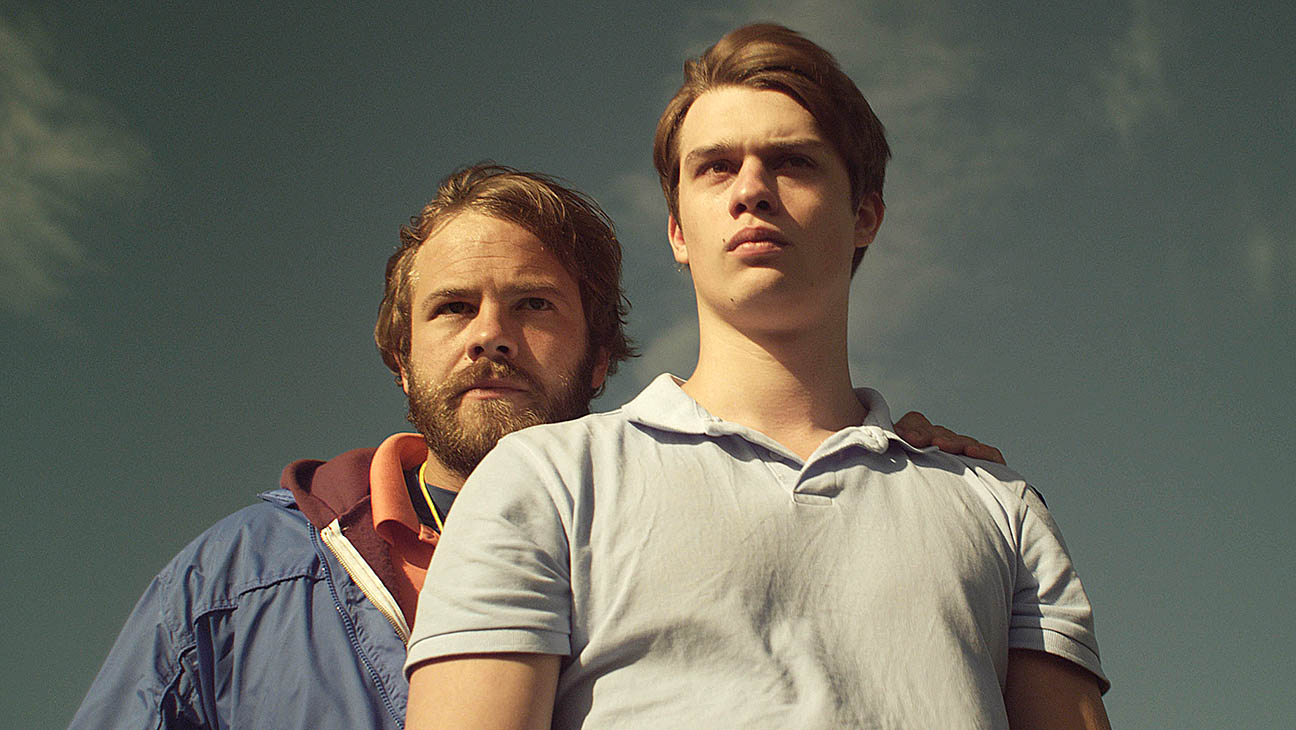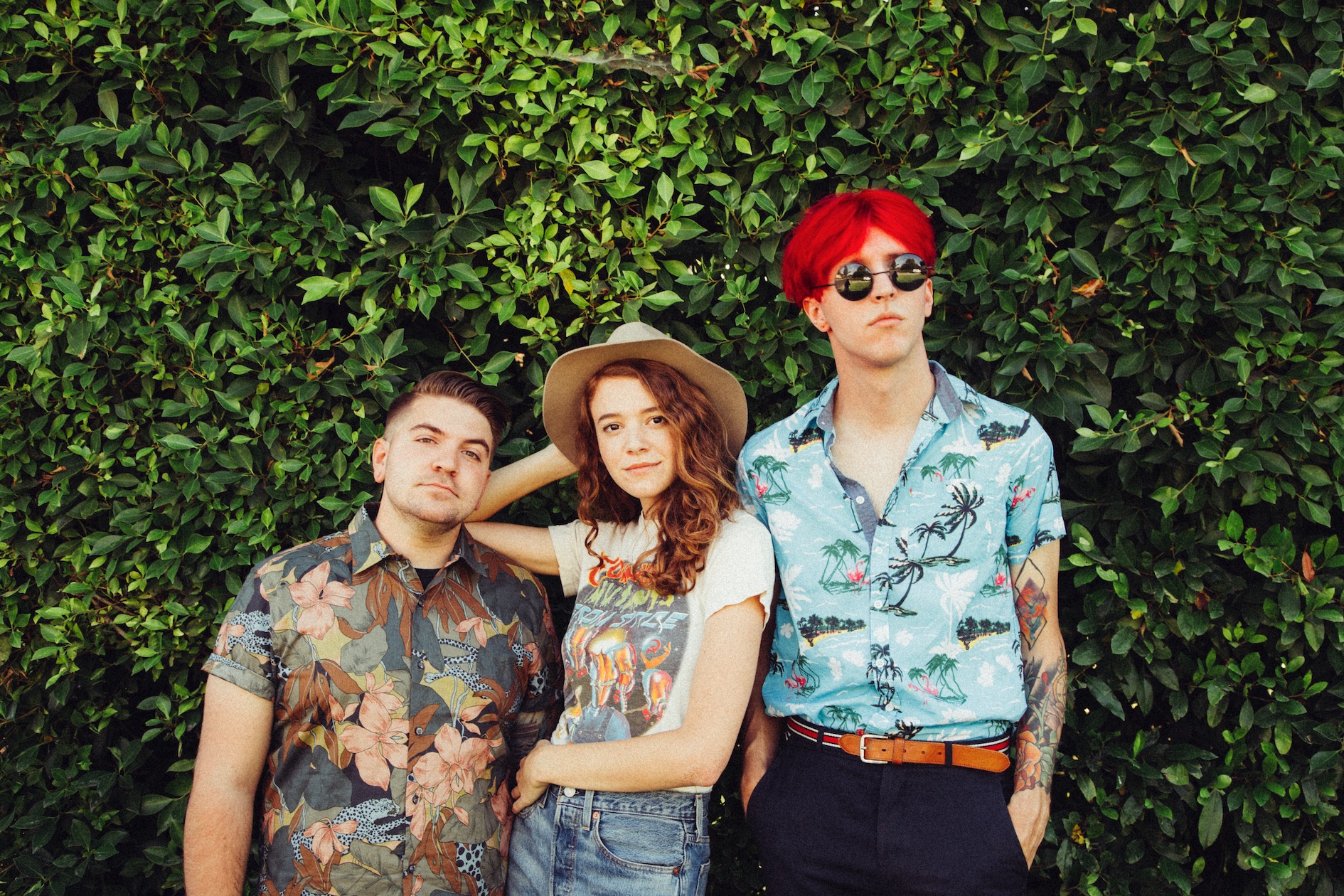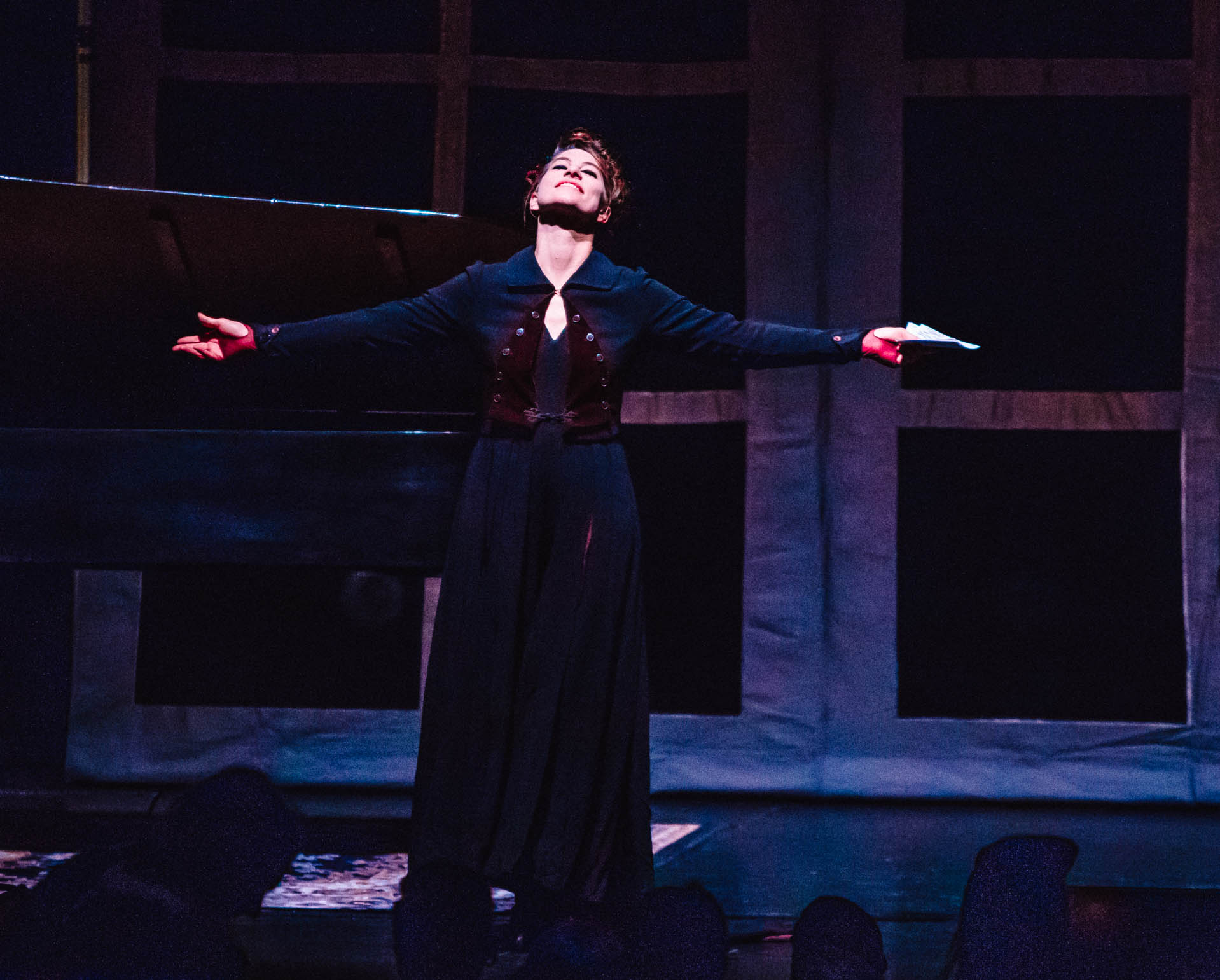There are issues that we all know exist, yet people refuse to acknowledge in any meaningful sense, and so the issue languishes as a perpetual problem ingrained into the popular consciousness. And then, every once in a while, a film comes along to shine a light on such an issue, and those of us who recognized the issue all along will herald it as an excellent demonstration of what we’ve been seeing, even as the offenders the film highlights will likely refuse to acknowledge their part. Handsome Devil is one of such films dealing with one such issue, and while it isn’t perfect, it superbly accomplishes its goal of demonstrating the deleterious effects of homophobia in organized sports.
Ned (Fionn O’Shea) is an openly gay student at a boarding school dominated by an obsession with rugby. The rugby players ostracize him and continually treat him as lesser for the sin of being gay, so Ned takes solace in his loner status and individuality. This is until he is forced to share a room with new student Conor (Nicholas Galitzine), who shows the potential to be the school’s star rugby player, but is also kinder and more sensitive to Ned than the other players. The two develop a fast friendship, which soon comes to be at odds with the rugby team, particularly as Conor struggles to hide his own sexuality to fit in with the team.
Despite the school’s devotion to “a well-rounded education,” the entire school’s culture revolves around an obsession with the sport. The rugby coach (Moe Dunford) uses homophobic slurs to motivate his players to be tougher, and the headmaster (Michael McElhatton) turns a blind eye so that he can appear cool in the eyes of the pupils. The only teacher who seems to care about developing the minds and ethics of these pupils beyond their base competitiveness is the new English teacher (Andrew Scott), himself a closeted gay man. Rarely have I seen a more scathing commentary on the immaturity of high school sports culture, which at once demonstrates how non-straight kids are treated as pariahs and how kids are praised for their athletic ability so long as they don’t deviate from the sexual norm.
There are some issues with how Handsome Devil presents its conflict, however, and most of them revolve around the film’s adherence to coming-of-age formula. Ned is ostensibly our protagonist, and we are treated to a voiceover narration that is often redundant as a consequence, even though most of the driving action revolves around Conor in events Ned isn’t even present for. Ned’s character arc zeroes in on learning to connect to a new friend, which feels entirely secondary to Conor’s acceptance of himself given the film’s social messaging, but Ned still gets the spotlight for what feels like a disproportionate time. Furthermore, though, the film desires so much to have a happy ending that it treats the bullying rugby team as mere drones to the coach’s bigoted will, which resolves in such a way as to excuse them from blame in their previously torturous actions. It’s an annoying lack of realism to see inserted into a conflict born from real life issues.
Still, Handsome Devil is a uniquely impactful film in how it highlights institutionalized homophobia in a way so few films opt to. Whether it is viewed as a normal part of sports culture or an inextricable element of masculinity, toxic behaviors like the ones demonstrated here are all too common and uncommented upon in institutions that are supposed to foster higher learning. Handsome Devil uses its by-the-numbers coming-of-age arcs to ground a little-seen social commentary, and though strict adherence to formula causes it to suffer as a consequence, there are few films so willing to explore the emotional abuse gay kids suffer at the hands of their peers as empowered by an adult establishment. This is one to track down.













